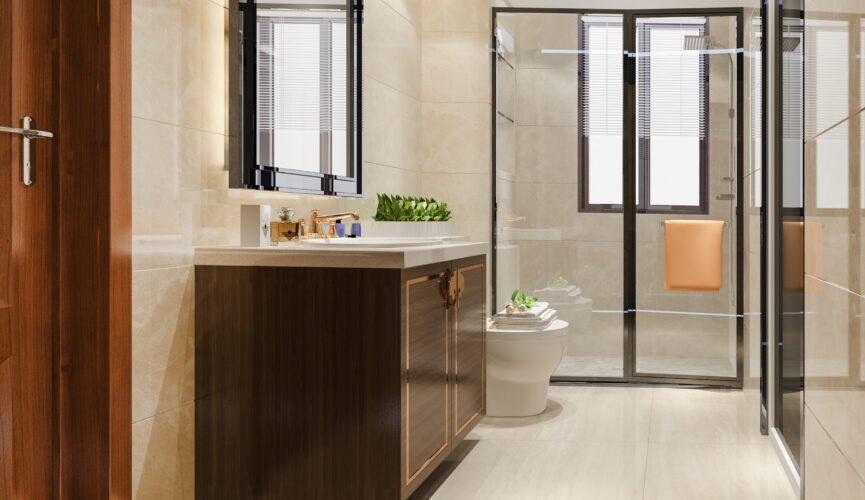From the natural stone material that builds some of the world’s most impressive structures and monuments, to a common kitchen countertop material, granite has become one of the most popular types of hard surface materials for building. However, there are a litany of potential risks associated with granite and it is important to understand what those risks are before choosing whether or not to install granite in your home.
In order for a substance like granite to be used as construction material, it is first cooled below 950 degrees Fahrenheit. This process makes it non-porous and highly resistant to corrosive substances such as water or acids found in cooking vapors or cleaning solutions. While this makes granite a very durable material, it also means that when it does become damaged, the damage is permanent and can often lead to the growth of mold and bacteria.
Many people, however, view granite’s tough surface as an added benefit to their home’s kitchen countertops. While most materials used for kitchen countertops are not suitable for use with sharp or pointed kitchen tools or acidic substances like lemons or oranges, granite is able to withstand everyday household tasks while still maintaining its attractive appearance.
Granite is a non-porous material which means that it will not have open spaces in its composition that would harbor bacteria or mold. If a person were to cut themselves on the granite, the surface could be cleaned with soap and water, but the cut would not become infected.
Yet many people like to use stone for a variety of decorative purposes. When considering whether or not to install marble for this purpose, it is important to keep in mind that both marble and granite contain calcium carbonate and can break if dropped or otherwise struck hard enough.
Some homeowners choose to cover their previously installed granite countertops by installing different kinds of stone or ceramic tiles as an aesthetic choice. There are a wide variety of materials that can be used as a covering for granite.
Granite tiles are commonly made of basalt, while decorative stone sets are often made of quartz, slate, limestone and marble. Tiles come in a variety of textures, including marble, granite and porcelain. Marble is extremely durable and attractive for either tough or sensitive areas since it will not crack or scratch easily when struck by sharp objects or knife edges.
Granite is generally considered a safe material for use in kitchens and bathroom countertops because of its high resistance to baking fumes, acids, alcohols and alkalis found in detergents. Granite is a non-porous material and is resistant to scratching, staining and discoloration. It does not absorb liquids or chemicals and can tolerate high heat.
Granite countertops have been used for thousands of years because of their beauty and durability. A granite sealer will help protect the longevity of the countertop by adding another layer of protection against liquid, stains, scratches and impact from cleaning objects like knives or cats’ claws. Granite sealers are also highly recommended for marble because it prolongs the life of the material and helps to protect against any damage that could occur from repeated exposure to acidic, alkali, or abrasive substances.
Marble is made up of calcium carbonate, a soft mineral that can be scratched with a knife blade or broken with a simple fall. When homeowners are considering whether or not to install marble in their home’s decorative areas and bathrooms, it is important to consider how high traffic the area will be. High foot traffic in particular can cause marble to wear down faster than expected.
Because marble is a porous material, it does not hold bacteria and acids well. Marble should be cleaned with warm water and mild soap at least every week, or after each heavy meal. Marble should be sealed as needed to prevent stains and discoloration from occurring.
Granite countertops are incredibly durable, but many people choose to install granite tiles in their homes for aesthetic purposes. Granite tiles are inexpensive and can last for several years when cared for properly. Tiles made of quartz varieties will resist harsh cleaning chemicals while those made of basalt varieties will provide an attractive surface that is non-porous and highly resistant to staining or discoloration.
Bottom line
Granite is an excellent and safe material for use in construction. However, once it has been installed and damaged, the only option is to remove and replace it entirely. Since granite countertops and other surfaces are commonly used for decorative purposes, homeowners should consider whether or not to install marble before making concrete decisions about the material that will adorn their home’s interior.
